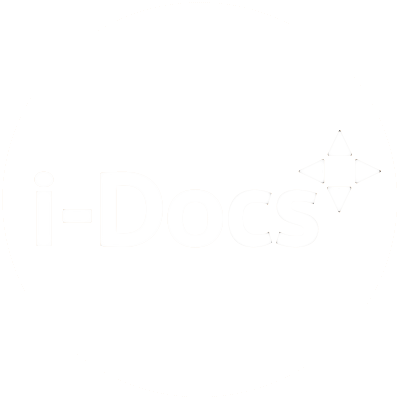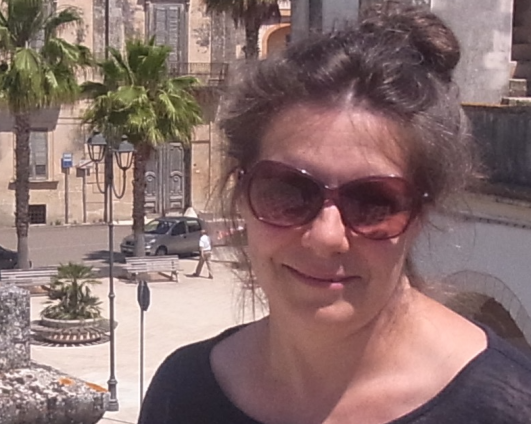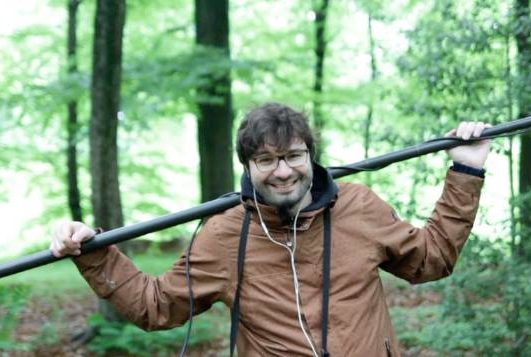The Poetics and Politics of Polyphony
Judith Aston and Stefano Odorico with guests (Sharon Daniel, Paolo Favero, Amir Husak, Liz Miller, Anna Wiehl plus Patty Zimmerman in absentia)
As part of an ongoing collaborative project, this panel will actively engage a number of well-established i-docs practitioners with Mikhail Bakhtin’s ideas on dialogue, polyphony and carnival. The proposition is that these ideas suit interventionist methods within i-docs, in ways that enable us to embrace the creative understanding of complexity as a much-needed approach to knowledge generation and twenty first century problem solving. Judith and Stefano will start by framing the key questions and will then invite responses from their participants. This will create a series of short sharp provocations, from which the conversation with our audience will ensue.
Bringing i-docs into dialogue with ‘open space documentary’, the panel will focus on questions that we believe are crucial to our understanding of i-docs as a form of intervention, at different levels and across a variety of disciplines and practices. Our framing for this is that i-docs are often complex projects that embrace, within their structures and production processes, multiple voices that ‘utter’ together in the creation of content.
This brings us to what Mikhail Bakhtin has written about the polyphonic and multivocal novel as “a whole formed by the interaction of several consciousnesses, none of which entirely becomes an object for the other”. Bakhtin talks about “polyphony” and the concept of “dialogue”. He describes it as being like a “carnival” of meanings and activities: there are no omnipresent powers, it is collaborative, participative and somehow democratic.
This panel will interrogate these ideas with a view to thinking about how interactive documentary might help us to confront complexity, diversity and multiplicity, in ways that are celebratory in order to create positive and lasting change.


